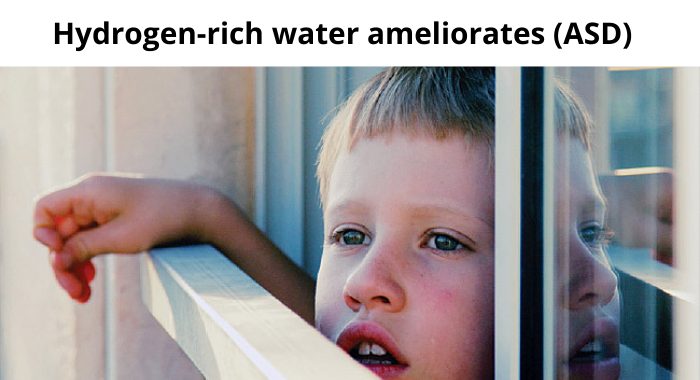
Roughly one out of every 68 children are affected by ASD. Parents usually go to a pediatrician with a complaint of late speech in their children. But Autism is a far more basic disorder. Autism Spectrum Disorder (ASD) is a neurodevelopmental disorder with persistent impairments of social interactions, communication deficits, restricted repetitive behavior, and higher anxiety-like behaviors. Increasing scientific data links both peripheral and brain inflammation with the pathogenic development of autism. The disorder can range from very mild to very severe. Some children may appear normal until the age of one or two and then suddenly seem to ‘lose’ their language and communication skills. Those with autism exhibit signs of neuroinflammation dysregulated inflammatory responses, and immune abnormalities. These characteristics are observed in not only the perinatal period but also throughout life. Results from postmortem studies also showed that patients with ASD have neuroinflammation in certain areas of the brain, and further analyses suggest a strong immune response. Additionally, autistic individuals can have an abnormal immune system, which would, in turn, increases their risk of chronic infection and autoimmune disorders. Anti-inflammatory strategies and antioxidants exert significant anti-autistic-like effects in an individual with Autism.
Molecular hydrogen has anti-oxidative, anti-apoptotic, and anti-inflammatory effects. Molecular hydrogen can readily permeate through biomembranes such as the blood-brain barrier, blood-testis barrier, and placental barrier, thus benefiting hard-to-reach organs (e.g., brain) and organelles due to its low molecular mass, non-ionic state, and hydrophobic properties. Molecular hydrogen offers important neuroprotective benefits in depression, anxiety, neuropathic pain, Parkinson’s disease, cognitive impairment, and brain injury via attenuating excessive inflammatory response and oxidative stress. Hydrogen-rich water exerts antidepressant-like effects by preventing oxidative stress, inflammation, and apoptosis in the prefrontal cortex and hippocampus.
